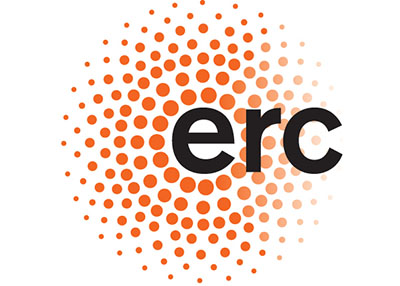We are to resurrect the tradition of small group communication experiments in order to test simple research hypotheses that we derive from theoretical and simulation work. The experimental method is the ultimate test of scientific questions in controlled settings. We will design a series of experiments. Subjects will play the Prisoner’s Dilemma and will be paid accordingly. They will be asked to communicate about third group members in a controlled, either truly honest or perfectly dishonest way. The first experiment will focus on the honesty of senders. We are seeking a confirmative answer to our hypothesis whether gossip is mostly honest and can contribute to the enhancement of cooperation, if it includes costs (e.g., self-revealing) or risks (e.g., humiliation) for the sender; and it implies damage to the reputation of the object. The second experiment will focus on the structural embeddedness of communication. After matching our conditions to hypotheses derived from our simulations,we will manipulate the communication structure and test the structures in which gossip enhances cooperation the most. The third experiment will be driven by our theoretical advancement and results of the first two experiments. We will set up conditions that are theoretically ideal for the stability of credible reputations in a small group and test if this indeed leads to a high cooperation level in a controlled environment.



